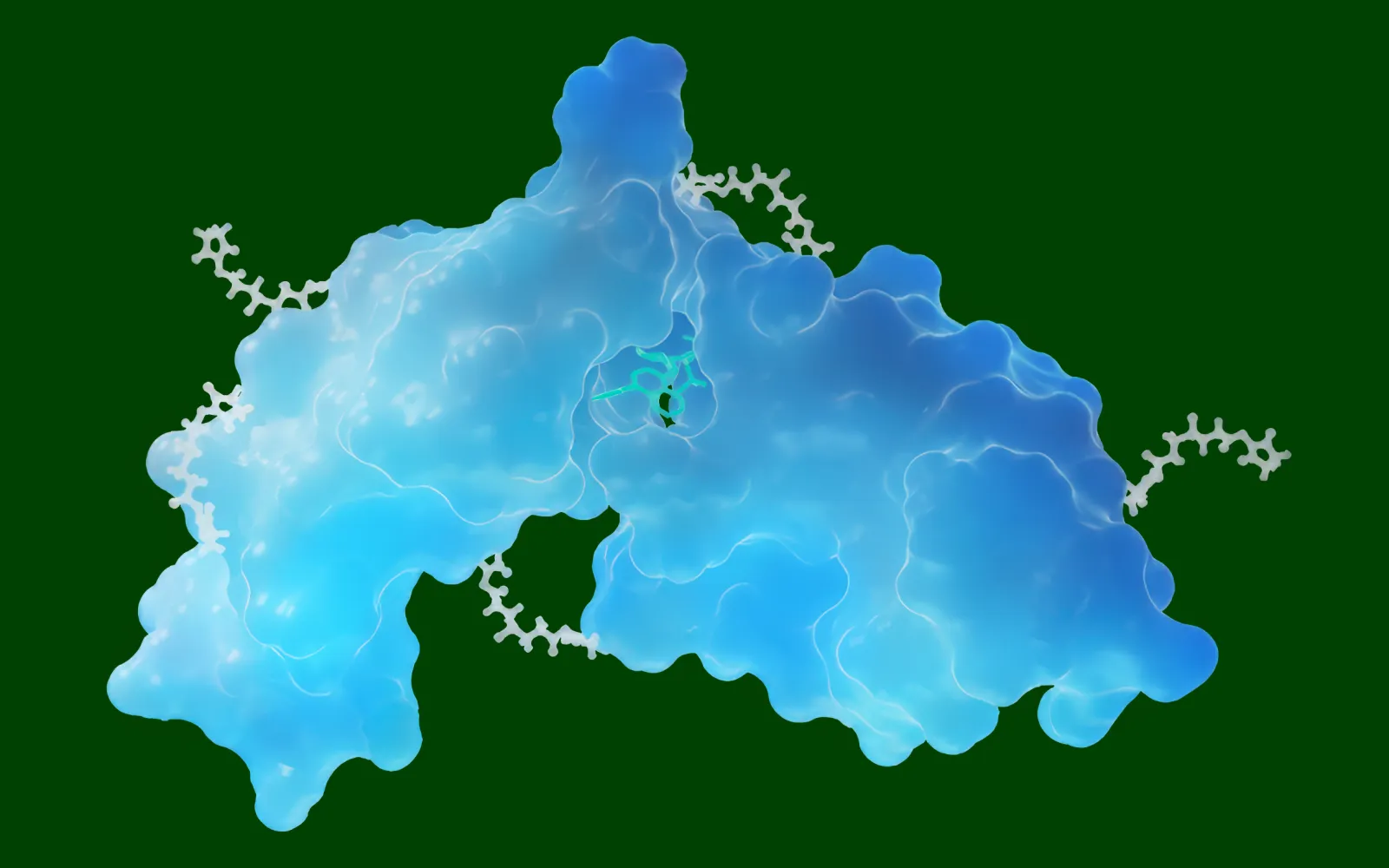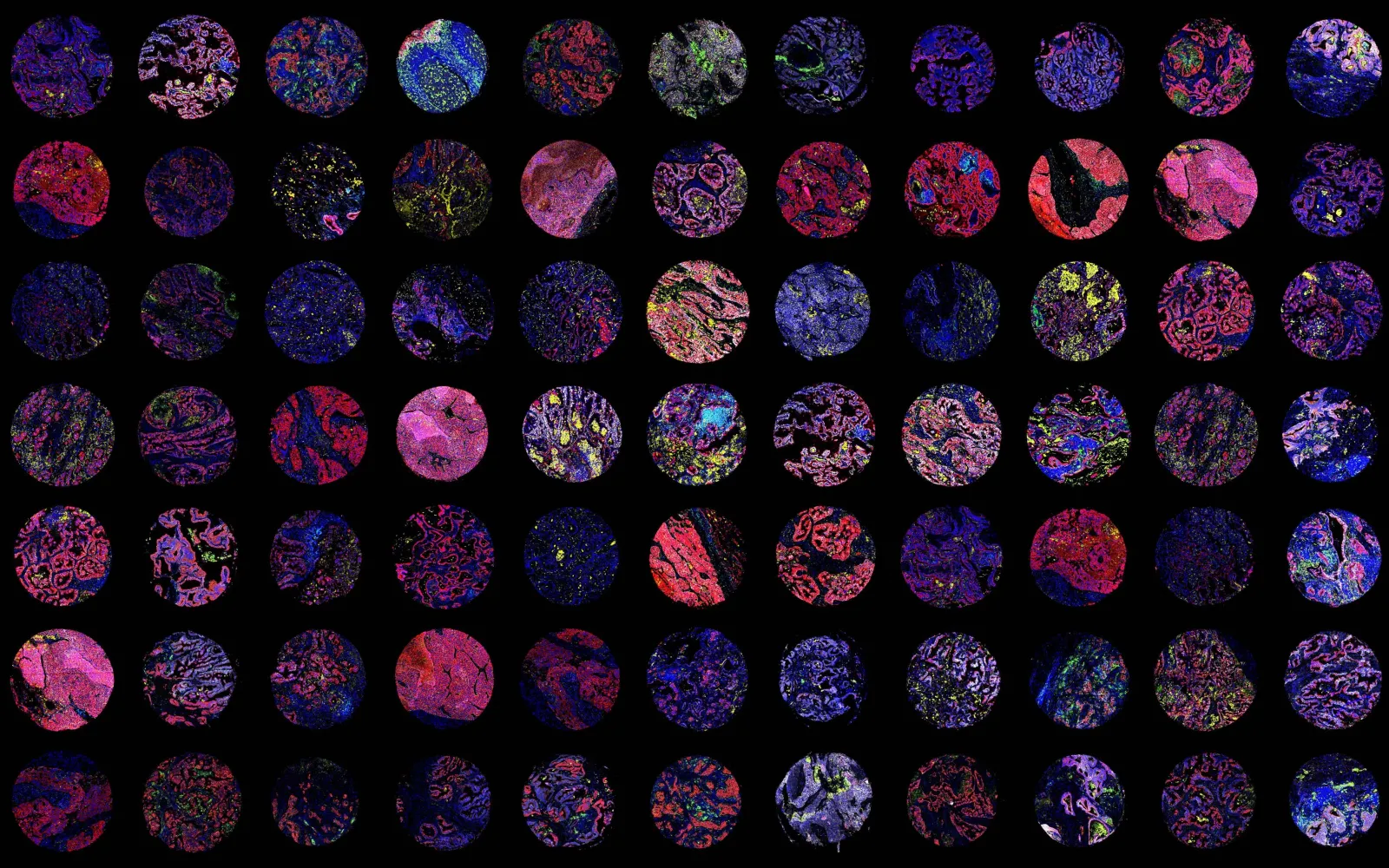

Relation
Using machine learning to understand the biology underlying disease
London, UK-based Relation Therapeutics is a leading exemplar of a new wave of TechBio companies combining the power of machine learning with rapid, iterative lab experiments to generate massive proprietary data sets that enable real progress against complex human diseases.
Too many life sciences startups have derived fundamental insights into the molecular mechanism behind a disease, only to fail when the time comes to identify a biological target and an effective drug that could bind to that target and intervene in the disease process. That’s been especially true for companies tackling multigenic and polygenic diseases — those involving mutations across many genes.
That category includes osteoporosis and many other intractable and devastating illnesses, such as neurodegeneration and metabolic disorders — the diseases that Relation hopes to treat or prevent. Today, the company announced it has raised $35 million in new financing, led by DCVC, and co-led by NVentures, Nvidia’s venture arm. Relation plans to use the funds to complete its first major R&D push, aimed at finding new biological targets for drugs that could help cure osteoporosis — a condition afflicting hundreds of millions of people globally, especially aging women.
One way to tackle the problem of how to conquer complex diseases is to design a process for drug target discovery that’s more appropriate to the variety and scale of human biology, and that will yield recommendations for the drug modality that will best treat the disease. We’re persuaded by Relation’s view that the engine of such a process should be large amounts of high-quality multi-omic biological data, sorted and sifted using multiple styles of computation.
The company has positioned itself at the convergence of two revolutions: on the one hand, the ability to cheaply sequence the DNA and expressed RNA of single cells, including their non-coding genomes, and on the other, the emergence of machine learning, in all its forms, as a tool that can identify (as the human brain cannot) telltale statistical patterns in such large datasets. In its lab, Relation can gather both gene expression data and phenotypic data for cells of interest, and measure the biological effects of knocking out specific genes. At the same time, the company has developed industry-leading expertise in several means of learning from that data, including graph neural networks and large language models.
Graph neural networks first came into their own in the realm of product recommendations and social media, while large language models are at the heart of the new generation of conversational AIs such as OpenAI’s GPT‑4. Both approaches have grown vastly more powerful and widely applicable in recent years thanks to the availability of dedicated graphics processors like those built by Nvidia. Hence NVentures’ keen interest in Relation as a leading exemplar of how emerging techniques in AI can explain complex biology and, when applied to real-world experiments in cells, make rapid progress in treating hitherto incurable diseases. In common with others, we call this approach TechBio, to distinguish it from the previous era of biotech, because the former emphasizes technology as the main driver of innovation in life sciences.
The cells being examined in Relation’s osteoporosis R&D program are called osteoblasts, which work together to form bone tissue. The company built an “osteomics” platform for performing whole-genome and RNA sequencing on human osteoblasts. When fed into its machine learning models, this data helps identify gene variants that may be associated with disease risk. To test those associations, Relation has built a way to use CRISPR to knock out disease risk genes both singly and in pairs and study the effects on bone mineralization, a marker of osteoporosis.
This “lab-in-the-loop” capability is what sets Relation apart from many other AI-driven biotech startups. It has allowed the company to reduce the search space of 22,000 human genes to a far more manageable number — just a couple hundred — that may be involved in osteoporosis. Many of the disease risk genes the company has identified so far overlap with the existing literature on osteoporosis, which, in effect, validates the osteomics platform. But many are also novel, which will potentially lead to new insights about the mechanisms behind the disease.
In the past, such a research path would have entailed a decade or more of work by multiple labs and researchers, but Relation’s integrative approach has allowed it to compress the process into just a couple of years. The end goal is to combine lab data and machine-learning predictions to zero in on possible interventions — that is, new or existing drugs that could be tested clinically for their safety and effectiveness against osteoporosis. The company might develop those molecules in house, in-license them from other companies, or look for partners with expertise in the specific modalities or chemistries needed.
At the same time, Relation will explore new disease areas where it can apply its lab-in-the-loop computational model. It will focus on diseases where there’s both a supply of preexisting human genetics studies, to help narrow down the genes of interest, and a small number of human cell types that can be studied in the lab, to see whether changes in those genes lead to changes in the disease state. A large number of treatment areas fit those criteria, including neurosciences, immunology, and cardiometabolic diseases. And because Relation’s AI models have been trained on all kinds of genetic data, not just osteoporosis data, they can be deployed quickly in all these disease areas.
One of Relation’s key assets is its interdisciplinary team. CEO David Roblin is an expert in translational medicine who previously served at the Francis Crick Institute, Europe’s largest biomedical laboratory. Chief science officer Edith Hessel is an immunologist who has helped to discover novel treatments for respiratory disease. CTO Lindsay Edwards is a systems biologist who advanced data science and AI applications at AstraZeneca and GSK. Chief Innovation Officer and cofounder Jake Taylor-King is a mathematician with expertise developing high-throughput CRISPR screens. COO and cofounder Benjamin Swerner previously worked at venture capital firm DN Capital. The company’s chair and cofounder is serial entrepreneur Charlie Roberts, a long-time friend of DCVC, who also cofounded DCVC portfolio company Freenome. Rosie Rodriguez, SVP Growth, is a molecular biologist turned R&D strategist. It takes all of these skills sets and more to pull off Relation’s merger of fundamental disease research, machine learning, and laboratory innovation.
Relation’s labs are in London’s Knowledge Quarter, a small area near King’s Cross station that also includes the Francis Crick Institute, Google’s DeepMind division, the University of London, the British Library, and the library’s Alan Turing Institute for Data Science — an area that is emerging as the TechBio hub of Europe. This setting gives Relation access to what’s likely the largest concentration of machine learning talent outside of the San Francisco Bay Area or Kendall Square in Cambridge, Massachusetts.
We were pleased to work with NVentures to lead this financing round, which also included strong participation from Magnetic Ventures, ARK Invest, Deerfield Management Company, Hitachi Ventures, Abcam founder Jonathan Milner, former Qiagen CEO Peer Schatz, and former ThermoFisher COO Mark Stevenson, among others.
If we really hope to cure osteoporosis, Alzheimer’s, Parkinson’s, and other diseases caused by large numbers of genes, we must take a holistic approach that’s equal to the complexity of the task and that integrates multiple modes of target discovery. Otherwise, drug hunters will continue to be dependent on sheer luck and will suffer from the drug industry’s notorious disappointments. The opportunity to improve on this track record and help millions of patients is what makes us so excited to be part of Relation’s story.
Jason Pontin is a General Partner at DCVC. Zachary Bogue is Co-Founder and Managing Partner of DCVC.




